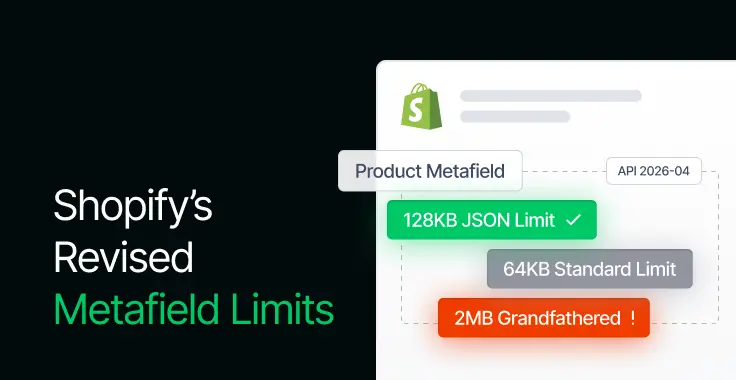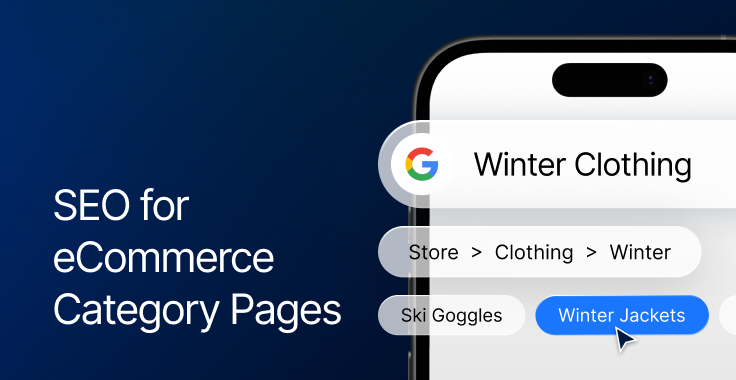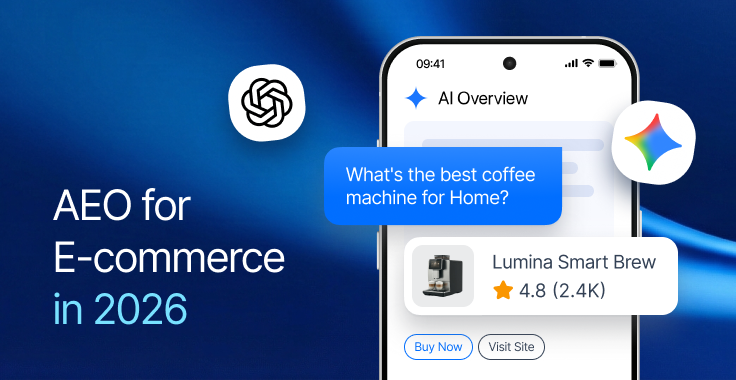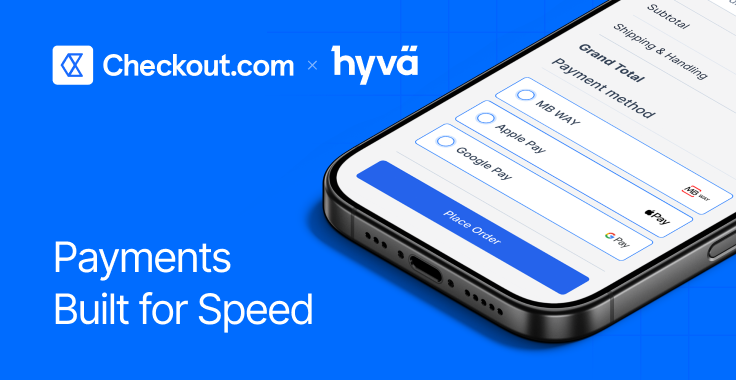Oct 17
Leading Shopify Partner for Scaling - Magebit
We’ll help you navigate the jungle of digital commerce.








We reduce friction, solve problems, and help your business thrive with ease.
Reliable, human and exceptional.
We reduce friction, solve problems, and help your business thrive with ease.